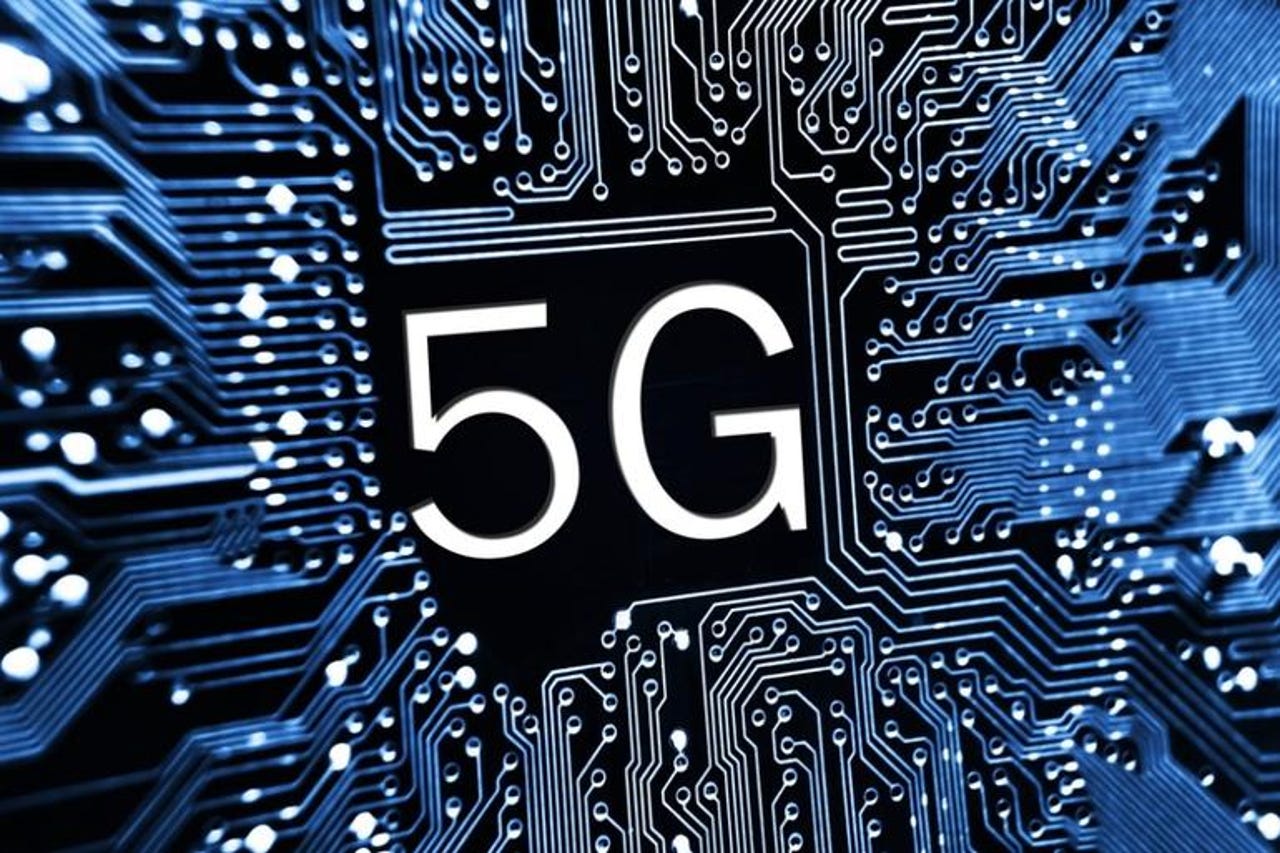At CES 2018, enthusiasm mounts on how 5G will transform industries


It's an uncertain waiting game as to when the next-generation high-speed wireless service known as 5G will reach mass market, but the business implications are already a major talking point at CES 2018.
The term "5G" refers to the fifth-generation wireless broadband technology based on the 802.11ac standard. The packet of technology will bring speed and coverage improvements from 4G, with low-latency wireless up to 1GB/s, and it'll spur a host of new opportunities for enterprises and workplace productivity.
In a panel discussion at CES, a trio of executives from Qualcomm, Ericsson, and Nokia discussed how 5G could transform industries ranging from transportation to manufacturing.
"5G is a departure in terms of network architecture," said Chris Stark, chief business development officer at Nokia. "Part of what this is about is creating new opportunities. We will see more functionality at the edge, with massive speeds, low latency and a large number of connectivity points."
As 5G technology matures and processing moves to the edge of the network, experts anticipate not only a bevy of new services but also device improvements thanks to the reduction of power consumption.
"On device side, there's power consumption tied up in the sending and processing of data," said Erik Ekudden, CTO and head of technology and architecture for Ericsson. "When you get lower latency it allows you to consider the border, and new services can exist now that they can leverage edge computing with reliable radio length."
In terms of industry impact, transportation, automotive, and smart city are considered among some of the more obvious places where 5G's network improvements will be most noticeable. Smart transportation is already a thing, but 5G has the potential to increase safety and computer vision systems with connectivity that's highly reliable and secure. With smart city applications, 5G can be applied to traffic management systems and to improve efficiency in electrical grids.
5G is also expected to play an key role in revolutionizing the manufacturing industry, with plants shifting to highly automated systems that can be remotely controlled and maintained.
"Smart manufacturing has a number of challenges today," Ekudden said. "Manufacturing in itself is not very smart -- it's rigid and not always connected, and if it is connected it's with older technology.
"As plants digitize, they could get scale advantage, volume advantage, and use data to optimize efficiency. There are a lot of financial and technical benefits in terms of building plants with smart 5G technology. The use cases are very compelling," Ekudden said.
The healthcare space is more uncertain when it comes to 5G benefits. Matt Grob, EVP of technology for Qualcomm, noted that regulatory oversight in healthcare will mean slower adoption of 5G technology. Still, Grob expects 5G to play a major role in telemedicine and remote patient care.
"There's also a huge opportunity to use 5G as a reliable technology in hospitals," Grob said. "It could form highly reliable systems that medical professionals can depend on."
Grob and Ekudden also highlighted the possibilities for improved virtual reality systems, noting that 5G could lead to broader adoption of the technology outside of the gaming community.
But the entire panel agreed that one of promising prospects of 5G rests in security.
"Security is at the core of 5G," Ekudden said. "The technology is built on a secure architecture from the ground up."
"A lot more thought's going into the whole piece around security to make sure that's part of the fundamental fabric of what we've got there with 5G," Stark added. "I think anything to do with the consumer, in terms of security, has got a fairly big upside."
In spite of the transformative optimism, there's still uncertainty when it comes to when 5G will be ready for the masses. Grob and Ekudden agreed that 4G's rollout ramped up faster than 3G's, so there's an expectation that will happen now even faster with 5G.
Some 5G rollouts are already planned for 2018. Samsung announced last Wednesday that it will provide Verizon with routers and radio frequency planning services for the carrier's initial 5G commercial rollout that will begin in Sacramento, Calif., in the second half of 2018.
Meanwhile, AT&T announced that it will provide 5G services in roughly 12 markets by late 2018, with plans to offer the service to consumers while it trials 5G technology with businesses across all industries.
Still, the panel of executives at CES remain skeptical that 5G would roll out for most Americans before late 2019 or 2020.